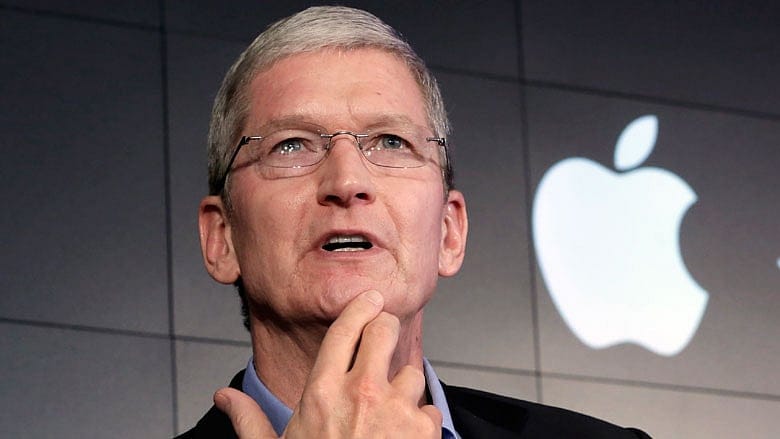Don’t be fooled by corporations’ self-proclaimed title of privacy protector

The recent firestorm between Apple, arguably the most valuable company in the world, and the Department of Justice regarding access to cell phone data has filled the headlines. Wrapping itself in the mantel of privacy protection, Apple is refusing to honor a court order to assist federal officials in accessing data from mass murderer Syed Rizwan Farook's encrypted cell phone. In so doing, Apple has held itself out that the great protector of privacy. Since that initial announcement, other commercial giants such as Facebook, Twitter, and Google jumped forth to support Apple.
Do not be fooled.

